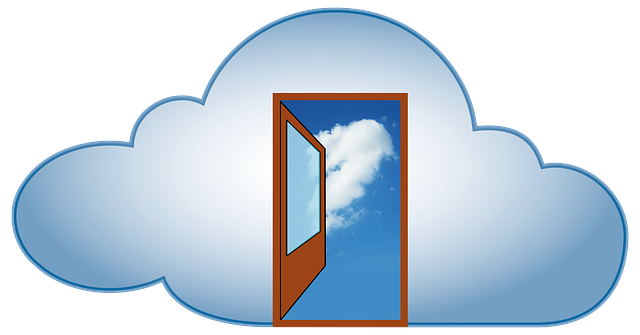In this article
Running Microsoft Office in the cloud offers but a taste of the benefits SaaS can deliver to your business.
If you’ve experienced the power of using Microsoft Office 365 – including Word, Excel and PowerPoint – then you’re probably already sold on the benefits of Software as a Service (SaaS). It turns expensive upfront software fees into far more manageable subscription fees. These easily scale as your needs change from month to month. However, SaaS isn’t just about smoothing out your cash flow.
The real benefits of SaaS are flexibility and agility. It puts enterprise-grade tools within reach of even the smallest of businesses so you can go toe-to-toe with larger rivals.
The subscription model also eliminates the need for messy software rollouts. It ensures everyone in your organisation is always working on the current version of the software, with all the latest security updates.
Leveraging the power of the cloud and SaaS also eliminates the hassles of version control. This ensures everyone is working on the latest documents and data. Working in the cloud also means all this important business data is safely backed up offsite should disaster strike.
How else can SaaS benefit you?
If Microsoft Office 365 is proving its worth, then it’s time to think about other areas where your business might benefit from the strengths of SaaS and the cloud. They’ll help you work more efficiently and effectively, while granting you the ability to quickly seize on new opportunities.
Finance is a great starting point. Accounting packages like Xero and MYOB are designed to run online so you can manage your business anytime, anywhere. Issuing invoices and reconciling payments are just the tip of the iceberg. You can also generate quotes and purchase orders, as well as manage payroll and tap into a wide range of third-party business services.
From here you can manage your inventory and Point of Sale systems via cloud services such as Vend and Square. These can also generate reports and help track the health of your business. Deputy and Shiftboard can help with staff rostering, while GObookings and Timely make it easy to book customer appointments.
Customers are the lifeblood of any business. Consider investing in a powerful cloud-based Customer Relationship Management platform like Salesforce or SugarCRM. Other options such as Pipedrive and ProsperWorks also help you streamline your sales pipeline.
Of course, it’s easier to retain customers than find new ones, which is where cloud-based help desk tools like Zendesk and Freshdesk can save the day.
Whatever business tasks you need to perform, chances are there’s an SaaS model ready to meet your needs. Make sure you’re leveraging the power of SaaS, the subscription model and the cloud to give your business a head start on your competitors.



